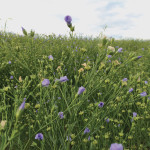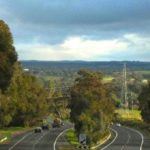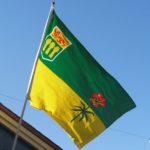New farmers face many challenges as they attempt to get established in the business of farming. Last week we examined the issues of farm size and financial risk from the perspective of starting farmers. This week we will look at land use policy relating to new farmers. This issue was brought to our attention by










